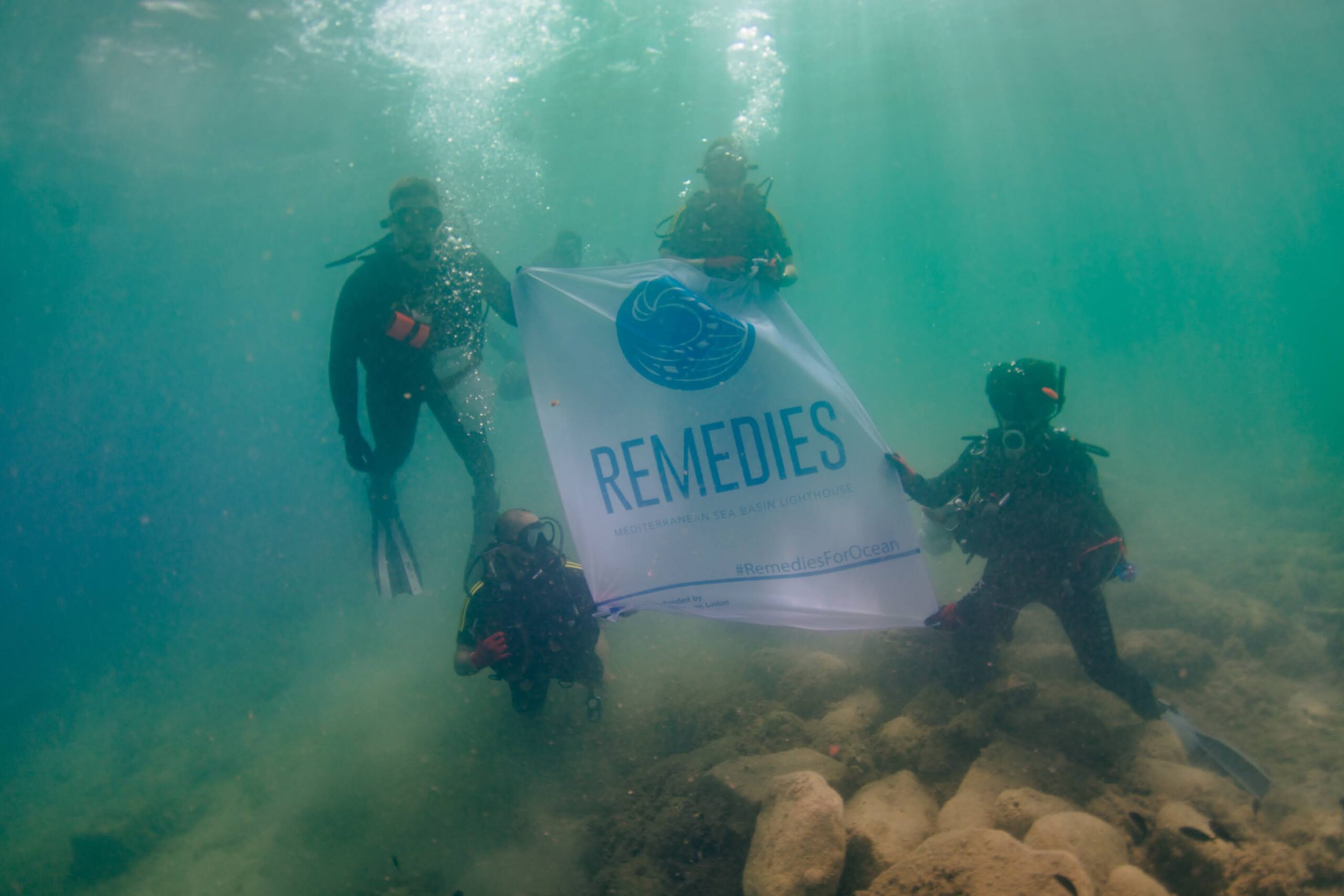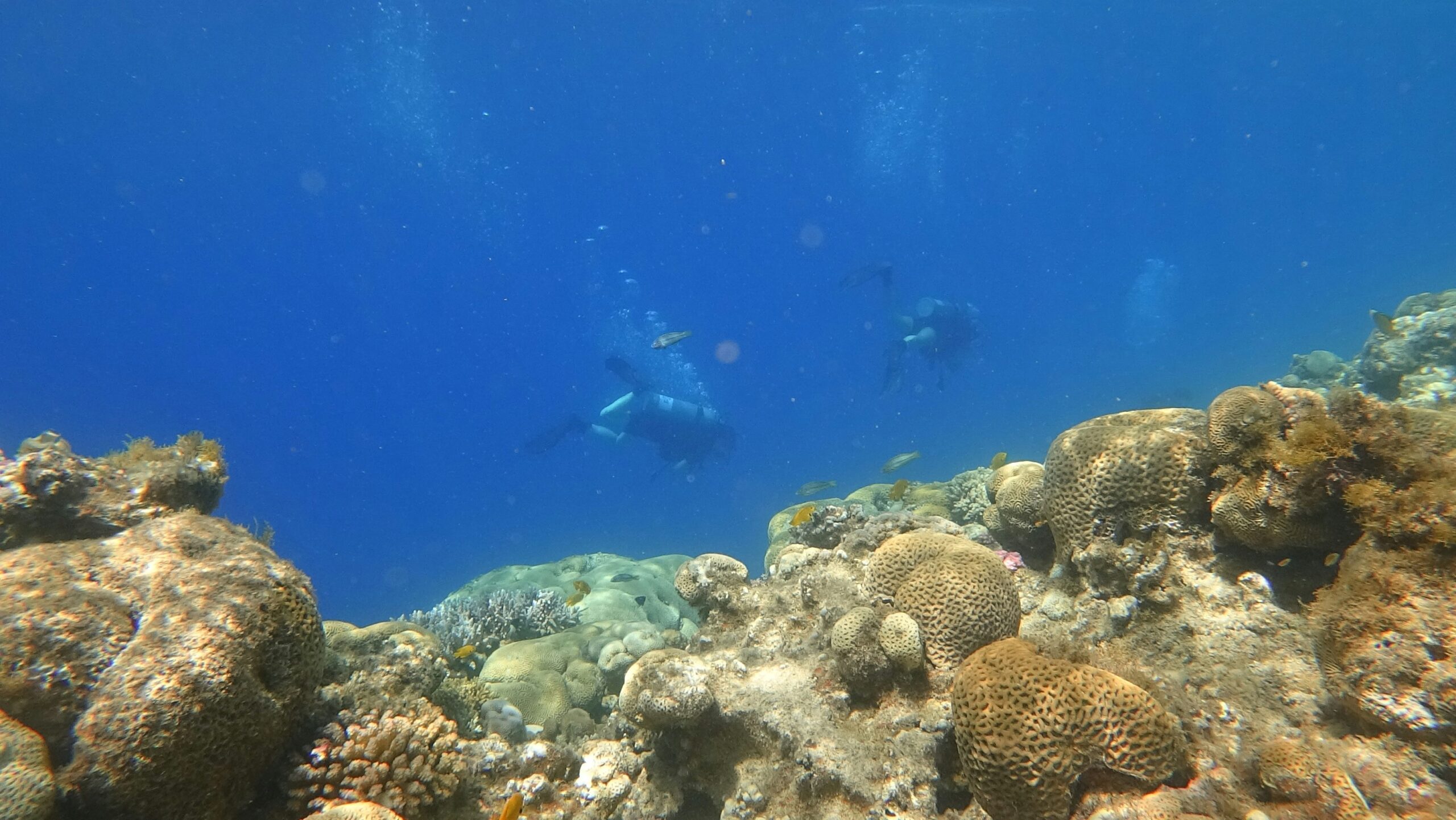Update — 5 Min Read
Of Turtles and Pollution
5 Min Read
Of Turtles and Pollution
Did you hear the news? We are expecting hatchlings any time! There are now six turtle nests in Malta and Gozo! How can we protect these gentle slowpokes from the dangers of plastic? Our student assistant Denzel Lanzon tells us more about the challenges sea turtles are facing today …
Victims in a Half-Shell
Going through the life of a sea turtle is something of a gauntlet. In a hypothetical nest of 1000 eggs, 20 % never hatch.
From there, the number of survivors is halved as they try to make their way to the sea and furthermore after they reach the water. Of the original number, only 20 specimens survive to breeding age; that is, without human interference.
Unfortunately, as a result of anthropogenic causes, that number gets slashed further to a total of 2 surviving specimens at the end of the life cycle!
Nature Trust/FEE Malta is a non-governmental organisation dedicated to the environmental wellbeing of the Maltese Islands, and that has among its list of initiatives the rescuing of turtles trapped in plastic or in poor health. They also monitor and protect turtle nests on our shores with the help of volunteers. At the time of writing, they have identified six turtle nests across the archipelago this year! You can volunteer too, if you wish!
The Plastic Plight
There are many reasons to dread the use of single-use plastics. In no small part is this due to the disastrous effect it has had on sea turtles for the past decades.
Terrifyingly, more than one in every two turtles across the world has at some point in its life, consumed plastic waste mistaking it for natural prey such as jellyfish or algae.
What makes this deeply concerning is that loggerhead (Caretta caretta) and green sea turtles (Chelonia mydas), the two most common and the only species known to nest in Malta, eat 17 % and, much more alarmingly, 62 % respectively of plastic whenever they encounter it.
Hatchlings are especially vulnerable as they can get entangled by the waste accumulated in the nesting areas and either dry out or get eaten by predators.
Adversities presented by plastic consumption include rupturing of internal organs, intestinal blockage which leads to starvation, pneumonia infection and stunted growth and reproduction rates.
And alas it gets worse…
A less talked about but still rampant threat to our reptilian friends is global warming. To establish some context, across the Maltese Islands, turtles have been recorded nesting in the following beaches:
• Ramla Bay
• Golden Sands
• Ġnejna Bay
• Għadira Bay
• St. Thomas’ Bay (which has been degraded from lack of monitoring)
The loggerheads usually nest between mid-May and mid-August, leaving their eggs to incubate for between 50 and 60 days before hatching between mid-July and mid-October.
What makes sea turtles such a fascinating little superfamily of animals is that they go through what is called Temperature Dependent Sex Determination. In other words, rather than being determined by the chromosomes inherited by the gametes, as is the case with humans and most other mammals and birds, the sex of a turtle is based on their temperature midway through the incubation period.
The threat global warming presents to our shelled friends is an imbalanced shift in the sex ratio of males against females. An insufficient proportion of males, when combined with the already miniscule survival rate, would inevitably run the turtles on the border of extinction.
Other reasons to protect turtles
All species of sea turtles at some point in their lives enjoy jellyfish as part of their diet. Being impervious to their stinging cells, they control these pesky invertebrates responsible for causing nasty stings to humans and overrunning coastal areas of high stakes to humans.
As keystone species, coastal and marine ecosystems alike heavily depend on them. By feeding on jellyfish, not only do they benefit us but they also leave behind food fostering nutrients such as calcium for other species. This even includes calcium from their unhatched eggs!
One cannot but love turtles!
By Denzel Lanzon, for Esplora








